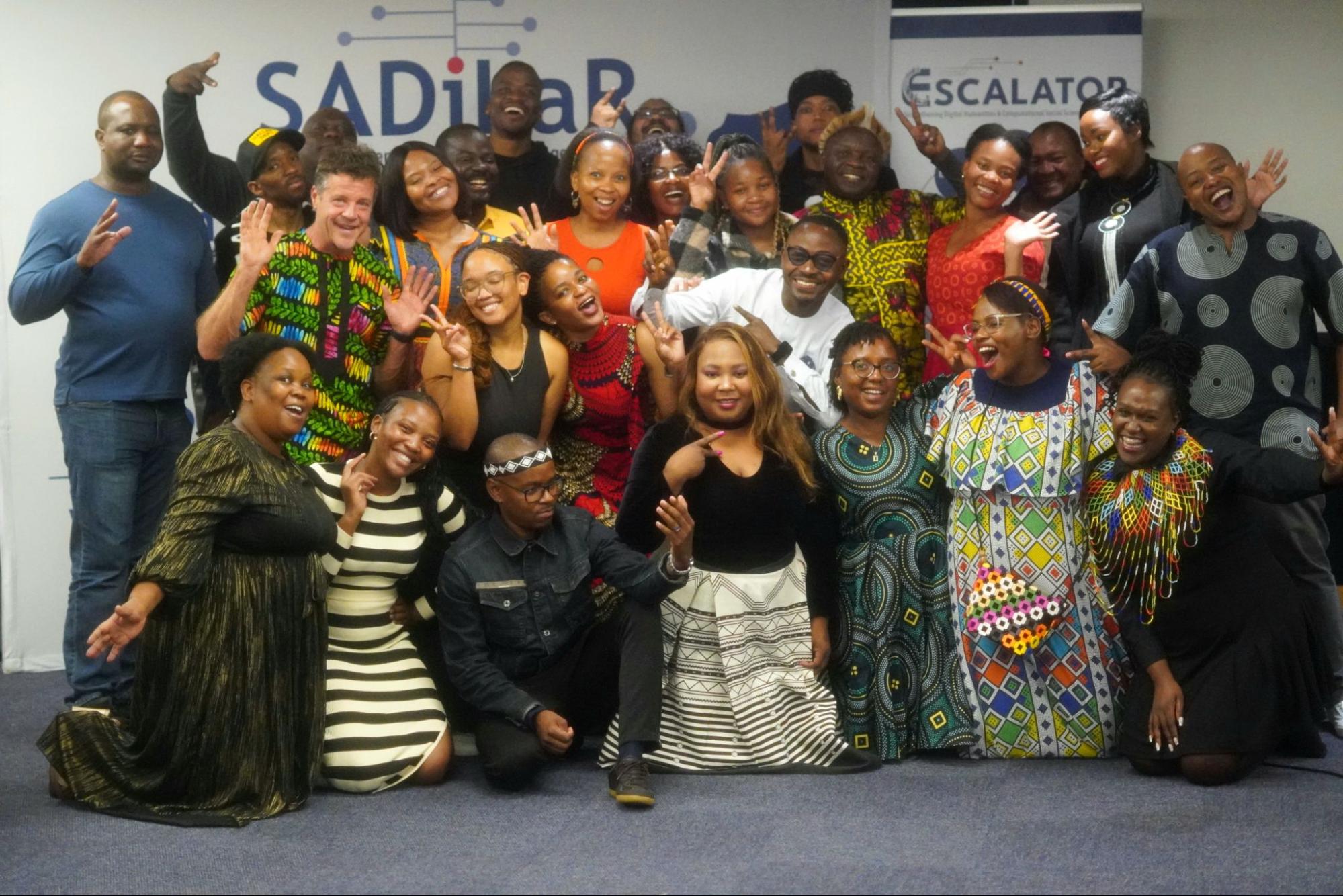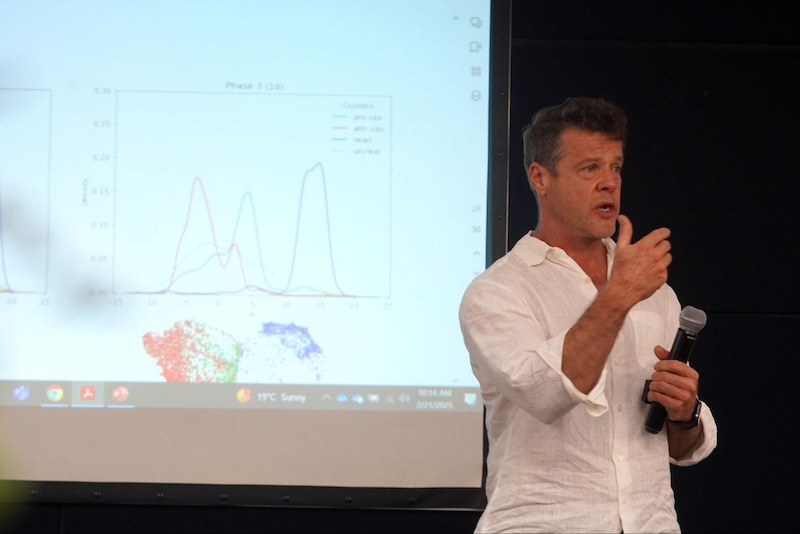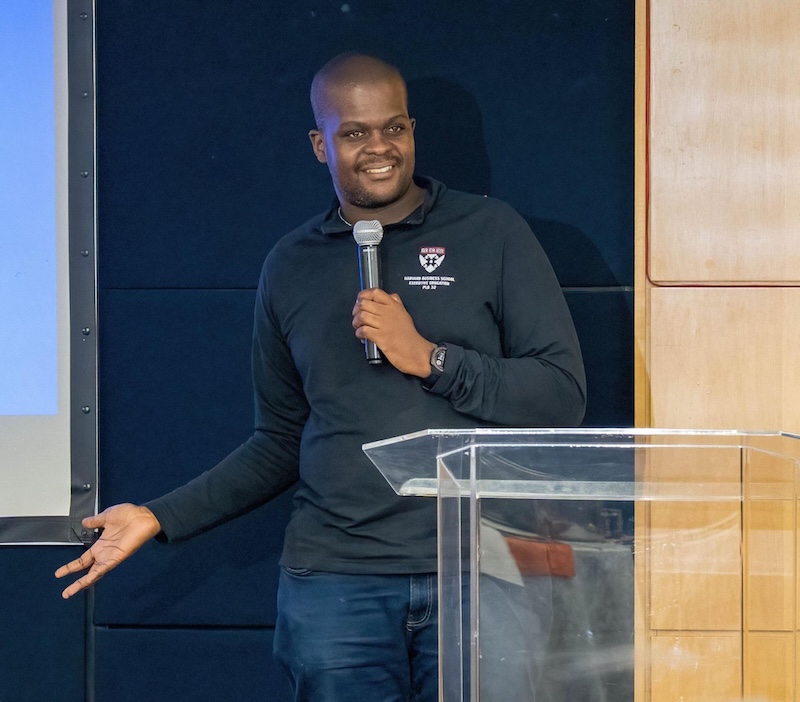Hundzula NLP<>Linguistics Retreat: A Celebration of Research, Collaboration, and Innovation
Interdisciplinary Retreat on African NLP and Linguistics

Reflecting on the Hundzula NLP<>Linguistics Retreat: A Celebration of Research, Collaboration, and Innovation
The Hundzula NLP<>Linguistics Retreat (Hundzula - Natural Language Processing <> Linguistics Retreat) was a landmark gathering that united researchers, linguists, and technologists to explore the intersection of Natural Language Processing (NLP), linguistics, and African languages. Throughout the event, participants engaged in thought-provoking discussions, presented groundbreaking research, and showcased hands-on demonstrations—fostering new collaborations and strengthening the academic community.

Keynotes that Set the Stage
The retreat began with compelling keynotes:
- Prof. Anicia Peters explored the role of Human-Computer Interaction (HCI) in AI, emphasizing interdisciplinary approaches to advance AI applications.
- Dr. Reggemore Marongedze discussed the evolution of language technologies and their influence on African linguistic landscapes.
- Prof. Kevin Durrheim delivered a keynote on the polarized language of social media, sparking engaging conversations around sentiment analysis and computational social sciences.
Panels Highlighting Cutting-Edge Research
A series of panel discussions featured impactful research across multiple thematic areas:
Corpus and Data Development
- Felistus Makumbe, Luyanduhlobo Makwati, and Dan Masethe presented on corpus linguistic analysis, standard orthographies, and topic modeling in Sesotho sa Leboa.
- Steyn Khesani Madlome shared insights into developing Xitsonga mathematics datasets for NLP applications.
Translation, Language Technologies, and Intellectualization
- Andiswa Mvanyashe evaluated the usability of translation tools in South Africa.
- Evaristus Adesina assessed AI’s influence on healthcare in indigenous African communities.
- Raphael Nhongo and Manala Tyobeka discussed terminology development and tokenization strategies.
- Discussions highlighted contrasting evaluations between NLP precision and traditional translation theories like skopos.
AI, Multilingualism, and Datasets
- Hunadi Ramvubela and Thapelo Sindane explored the transition from n-grams to multilingual pre-trained models for language identification.
LLMs, Cross-Lingual Embeddings, and RAG
- Hope Mogale showcased research on cross-lingual embeddings.
- Sthembiso Mkhwanazi explored morpheme-level embeddings for isiZulu classification.
- Privolin Naidoo discussed knowledge graphs and Retrieval-Augmented Generation (RAG) for LLMs.
- Happiness Mkumbo demonstrated an NLP-driven chatbot promoting blood donation in Tanzania.
Perceptions, Community Services, and Climate
- Hannah Brown presented on AI climate services for rural farmers.
- Mpho Primus reviewed the current status of Sesotho research in NLP.
Workshops and Demonstrations: Learning in Action
Two practical workshops were led by Prof. Chijioke Okorie, addressing equitable licensing and ethical data sharing for African language datasets.
Demonstrations included corpus development and annotation by Mosima Masethe, Dan Masethe, Roo Mabuya, and Andiswa Bukula.
Hope Mogale also introduced AI-assisted prompt writing for coding, with particular value for humanities scholars venturing into programming.
Celebrating African Languages: Mother Tongue Day and Lightning Talks
Lightning talks spotlighted diverse projects:
- Anesipho Tshisani on subtitling for multilingualism.
- Andiswa Bukula on archiving digital poetry.
- Hunadi Ramvubela on machine translation challenges.
- Angelique Ludick discussed perceptions of discrimination among Black women academics in South Africa.
The IIS Metaverse Research Unit presented a radiography translation app, bridging communication gaps between radiographers and patients by translating instructions into 14 languages.
Unexpected Events: Language Activism in Practice
For the first time, two presentations were delivered entirely in African languages:
- Percy Buthelezi presented his coding book and research in isiZulu.
- Hunadi Ramvubela shared her translation project in Setswana.
As Prof. Mpho Primus remarked, these were beautiful acts of language activism, showcasing the power of linguistic inclusion when preparations are made to support it.
Looking Ahead: The Future of Hundzula
 Beyond academic dialogue, the retreat cultivated new partnerships and future research ideas.
Beyond academic dialogue, the retreat cultivated new partnerships and future research ideas.
A concept discussion session, led by Thapelo Sindane and Seani Rananga, invited participants to brainstorm collaborative projects and strengthen interdisciplinary ties.
Acknowledgements
We extend our heartfelt thanks to the organizing committee, sponsors, and all participants for their invaluable contributions. The Hundzula retreat continues to be a beacon of innovation in African linguistics and NLP, paving the way for impactful work in the years to come.
This workshop was carried out with financial support from UK International Development and the International Development Research Centre, Ottawa, Canada as part of the AI for Development: Responsible AI, Empowering People Program (AI4D). The support was used to sponsor participants from the SADC region to attend Hundzula. The first time we were able to do so.